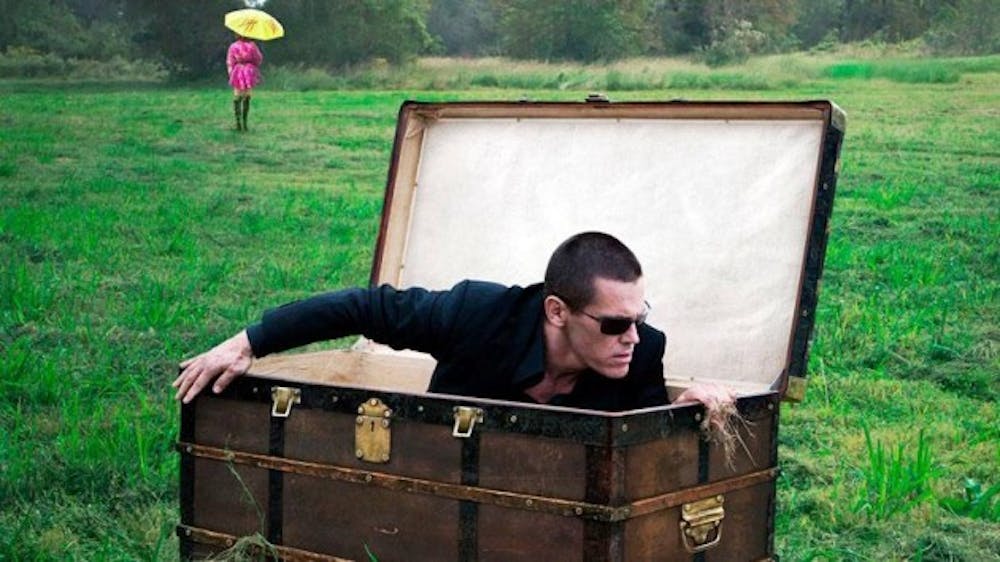Film: Oldboy
Studio: 40 Acres and a Mule
Release Date: Nov. 27
Grade: B
Most Spike Lee films aren't designated, "A Spike Lee Film." Since his debut feature, She's Gotta Have It, his films have carried the label, "A Spike Lee Joint." But his newest film, Oldboy, a remake of the highly acclaimed 2003 South Korean film of the same title, is the first to be billed as a "film" rather than a "joint."
Perhaps this is because it is a remake - I wouldn't surmise it for any other particular aesthetic purpose. When asked the reason, Lee has generally curtly replied, "It's a tough business." A tough business it is indeed to make a film, and Lee, at age 56, doesn't demonstrate the same virtuoso he once did, but Oldboy is enjoyable enough to remind us that Lee is enough of a craftsman to reinvent himself a little bit with each film while retaining his perennial voice. It is, however, perhaps the least personal film he has ever made.
Much like his exceptional film Inside Man (2006), Oldboy is a thriller. A man gets kidnapped after ruining a potential business deal one night and is locked in a single room for 20 years before he is suddenly released. During that time, he is subject to emotional torture through a television in the room that shows how he has been framed for the rape and murder of his ex-wife.
Upon his release, he sets out to find his surviving daughter, and in the process, tries to solve the mystery of why he was detained, and why he was released.
A point of divergence from Park Chan-wook's original version in which the protagonist is let loose after 15 years, Joe Doucett (Josh Brolin, Gangster Squad) returns home after 20 - just as Odysseus did. Odysseus, among other things, demonstrated to readers the nature of self - you don't inherit it, you develop it.
When Joe is locked up, he reinvents himself with an unclear sense of his intentions. He works out compulsively and rebuilds his body - preparing himself for an unknown future as an unassailable sense of time passing erodes him.
After he is abruptly freed, the film then becomes a violent action film. Doucett is an unstoppable brute with seemingly endless savage abilities. His only partners turn out to be an old friend and bartender (Michael Imperioli, The Call) and Marie (Elizabeth Olsen, Kill Your Darlings), a well-meaning volunteer he spontaneously meets once he is back on the streets. Her genuine interest in helping Doucett is the stimulus to temporarily humanize him. Later, they become lovers.
None of the performances are particularly convincing. Brolin is designed after Odysseus - with a physical ferociousness that surrenders to bitter sadness. Brolin's problem is he can't deliver on conveying the latter.
Lee is adept enough a craftsman to make Oldboy an adequate thriller. The fight scenes are well choreographed and the movie gives way to the physicality embedded into the storyline. Lee removes the famous one-shot scene from the Korean version - he tries to deviate away from the original film's stylistic hallmarks, with the intention of saying this is something new. Lee has called it a "reinterpretation."
For those who haven't seen the original and aren't familiar with the story, the film ends with a twist - a sudden discovery that reveals what has been driving the story all along. It is deviant enough to leave its audience genuinely surprised.
There is some moral underworking to the script, and some questions left to ask, mainly, what is our relationship with the past - and how does what we know about the past form who we are now?
From looking at Lee's past films and comparing them to this, it would seem he has been asking himself a similar question, too.
email: arts@ubspectrum.com





